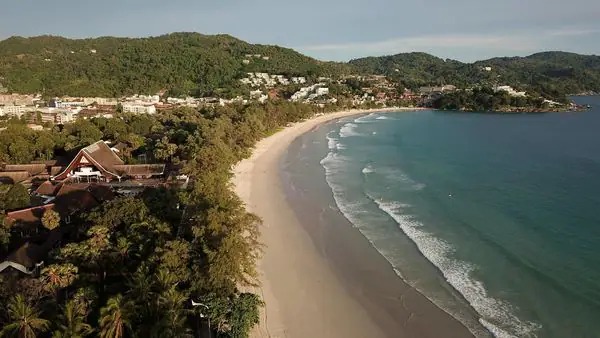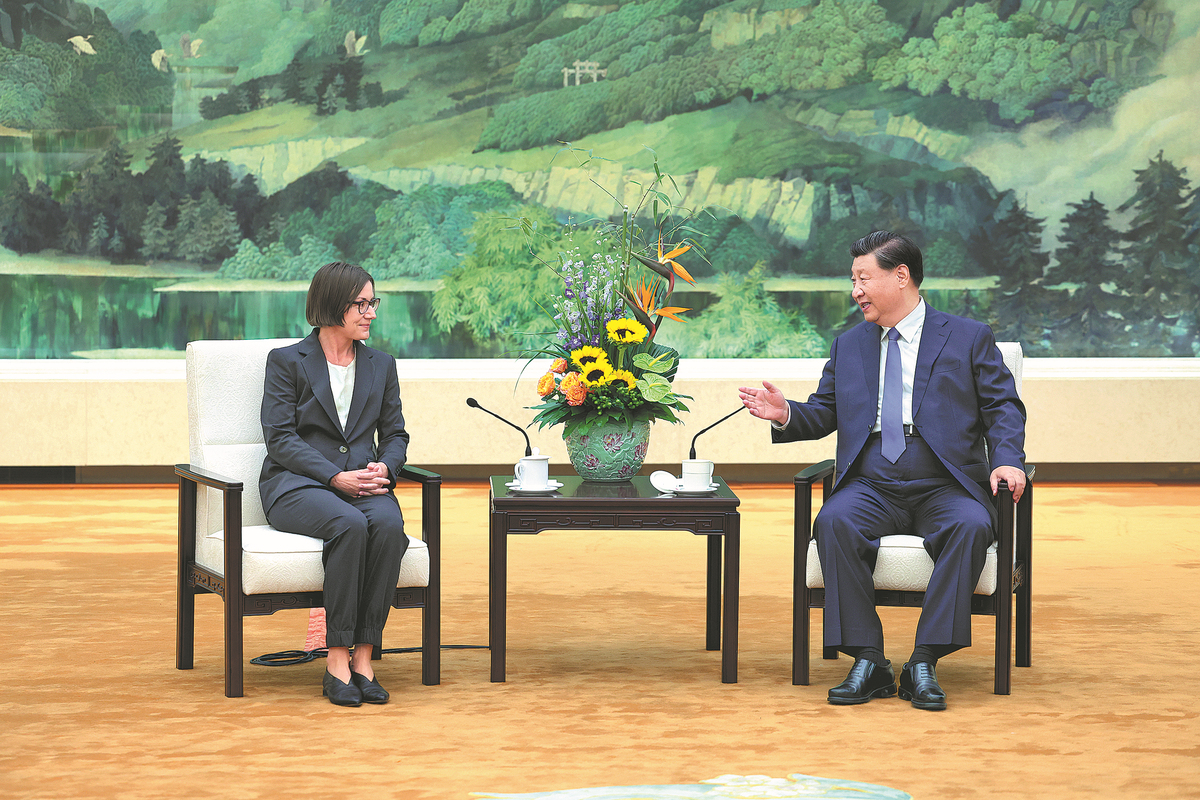A surge of more than 400,000 Russian arrivals in Thailand’s picturesque Phuket has ignited a fierce backlash from the island’s locals, who claim that Russians fleeing the repercussions of the war in Ukraine are pilfering Thai job opportunities. This unprecedented influx of Russian tourists, property buyers, and business owners between January and July this year has raised concerns among the island’s inhabitants, as the booming Russian-only economy spreads its wings from hair salons to taxi services. As tensions rise, the unique cultural dynamics and economic implications of this phenomenon are reshaping Phuket’s landscape.
Economic Transformation and Cultural Shifts
The dramatic rise in the number of Russian visitors and residents has left an indelible mark on Phuket’s economy and culture. Property prices have surged, benefiting Thai property owners and realtors, but making it increasingly difficult for renters to secure affordable accommodation. Russian-only businesses have proliferated, often operating via Russian-language apps and employing individuals working illegally. The nightlife hotspot of Bangla Road has also witnessed the emergence of Russian sex workers catering primarily to a Russian clientele. These shifts are changing the face of Phuket and raising questions about the future of its traditional economy.
Locals Voice Concerns Over Job Losses
Amid the influx of Russians, local residents are growing increasingly anxious about their job security. Complaints abound that Thais are merely serving as the nominal owners of tourist businesses, effectively working on behalf of Russian investors. On social media platforms, posts capturing the mounting unease of locals have proliferated, often accompanied by images of Russian taxi services and suspected Russian workers. The fear of job displacement is palpable among the island’s inhabitants, who worry about the long-term impact on their livelihoods and their beloved Phuket.
Crime and Rivalries Emerge
The rapid influx of Russian capital and people has raised concerns about potential criminal activity and business rivalries. Recent incidents, such as the broad daylight shooting of a Russian businessman and the arrest of a Russian man linked to scammers operating out of Cambodia, have stoked fears about security. Additionally, Phuket and other Thai resorts have become hideouts for fugitive Russian mafia figures in recent years. While authorities emphasize that the majority of Russians in Thailand are law-abiding, these incidents underscore the challenges posed by an influx of individuals from diverse backgrounds.
Economic Impact and Cultural Ties
Despite the concerns and challenges posed by this influx, Russians are making a substantial contribution to Phuket’s local economy. The sluggish post-pandemic rebound of Chinese tourism, coupled with a slowing Chinese economy, has made the Russian market even more critical for Phuket. Luxury boat sellers report a significant increase in Russian customers purchasing yachts worth millions of dollars. The Phuket Tourist Association has taken steps to capitalize on this market, sending a delegation to St Petersburg in an effort to generate substantial revenue. As real estate prices continue to rise, Russians seek refuge on the island, buying properties away from the ongoing conflict in their homeland.
Sofia Malygaeva, a Russian property agent based in Phuket, explains that many Russian customers are opting for off-plan purchases, with prices ranging from 20-30 million baht ($565-$850,000). Their motivation lies in providing a safe environment for their families, even as they maintain ties to Russia through businesses or remote work.
In conclusion, the remarkable surge of Russian visitors and residents in Phuket is reshaping the island’s economic and cultural landscape, stirring both admiration and concern among locals. As the island adapts to this newfound dynamic, it remains to be seen how the delicate balance between economic prosperity and cultural preservation will be maintained in this idyllic Thai paradise.
















